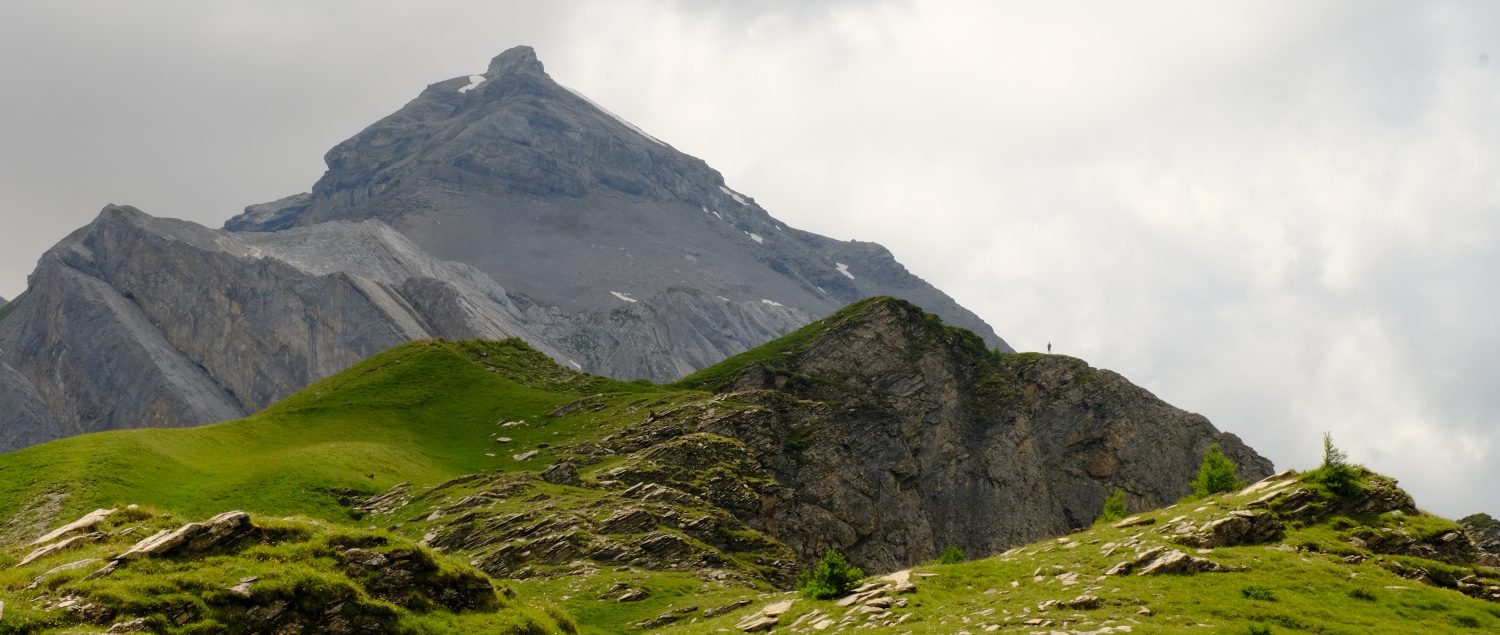Getting ready for your first walking holiday in Europe? Here’s a handy checklist of stuff you need to get sorted back in the UK before you head out. Remember, after Brexit there may be a few changes to your preparations.

Photo Credit: Nick Haine
Passport: If you are planning to travel to an EU country or Switzerland, Norway, Iceland, Liechtenstein, Andorra, Monaco, San Marino or Vatican City (i.e. within the Schengen Area), your UK passport must be: issued less than 10 years before the date you enter the country (check the ‘date of issue’) and valid for at least 3 months after the day you plan to leave (check the ‘expiry date’). You may also need to show a return or onward ticket and show you have enough money for your stay. Although Ireland is also within the Schengen area different rules apply.
Check your passport is stamped if you enter or exit the Schengen area. Border guards will use passport stamps to check you’re complying with the 90-day visa-free limit for short stays in the Schengen area. If relevant entry or exit stamps are not in your passport, border guards will presume that you have overstayed your visa-free limit. If a stamp has been missed you can show evidence of when and where you entered or exited the Schengen area (e.g. boarding passes or tickets), and ask the border guards to add this date and location in your passport.
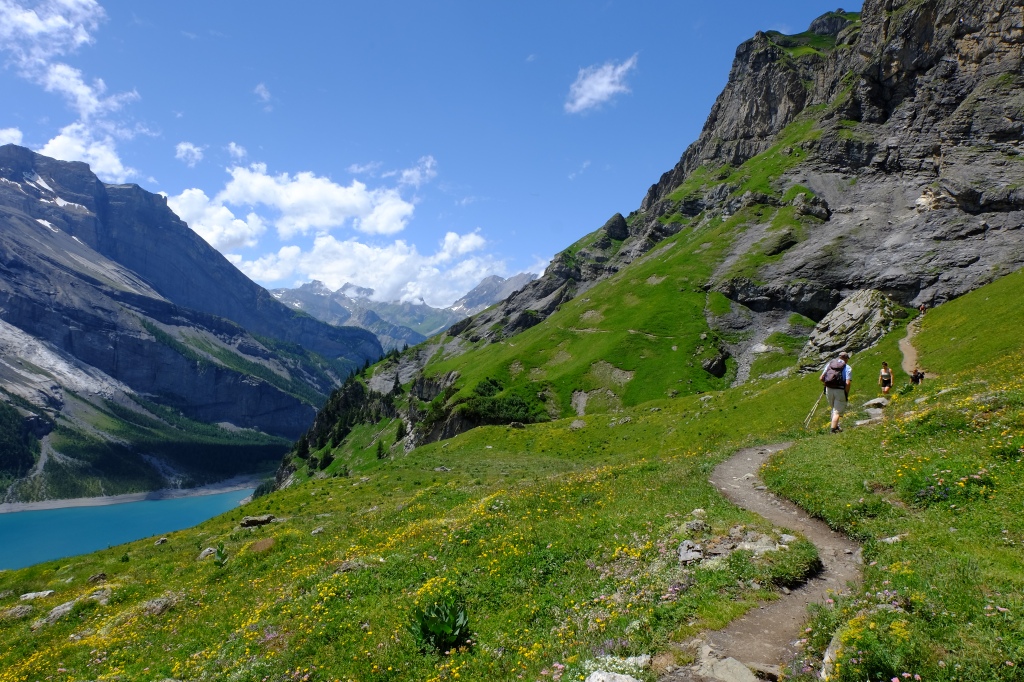
Photo Credit: Nick Haine
Visa: You can travel to countries in the Schengen Area for up to 90 days in any 180-day period without a visa on a UK passport. If you think you may be close to this limit use the Schengen Area calculator at: https://ec.europa.eu/assets/home/visa-calculator/calculator.htm?lang=en
GHIC card (used to be EHIC card): An in date European Health Insurance Card (EHIC) or its post-Brexit replacement, the UK Global Health Insurance Card (GHIC) lets you get medically necessary state (not private) healthcare in Europe at a reduced cost or sometimes for free. You’ll need to pay in full for treatment if you do not have an in date EHIC, GHIC or provisional replacement certificate (PRC). If you are a UK National you can use your in date EHIC or GHIC card in Switzerland too. GHICs and most UK EHICs are not valid in Norway, Iceland and Liechtenstein, but you can use your UK passport to get medically necessary healthcare in Norway. The following European countries do not accept the EHIC or GHIC: The Isle of Man, Jersey, Monaco, San Marino and the Vatican. There are also different rules if you are visiting Spain or Ireland. All this information came from: https://www.gov.uk/guidance/uk-residents-visiting-the-eueea-and-switzerland-healthcare @2/3/23
An EHIC or GHIC is not a replacement for travel insurance – it does not cover everything, such as mountain rescue (which can be phenomenally expensive, especially in countries like Switzerland or France where helicopter rescue is privatised) or being flown back to the UK (medical repatriation). Make sure you have both before you travel.
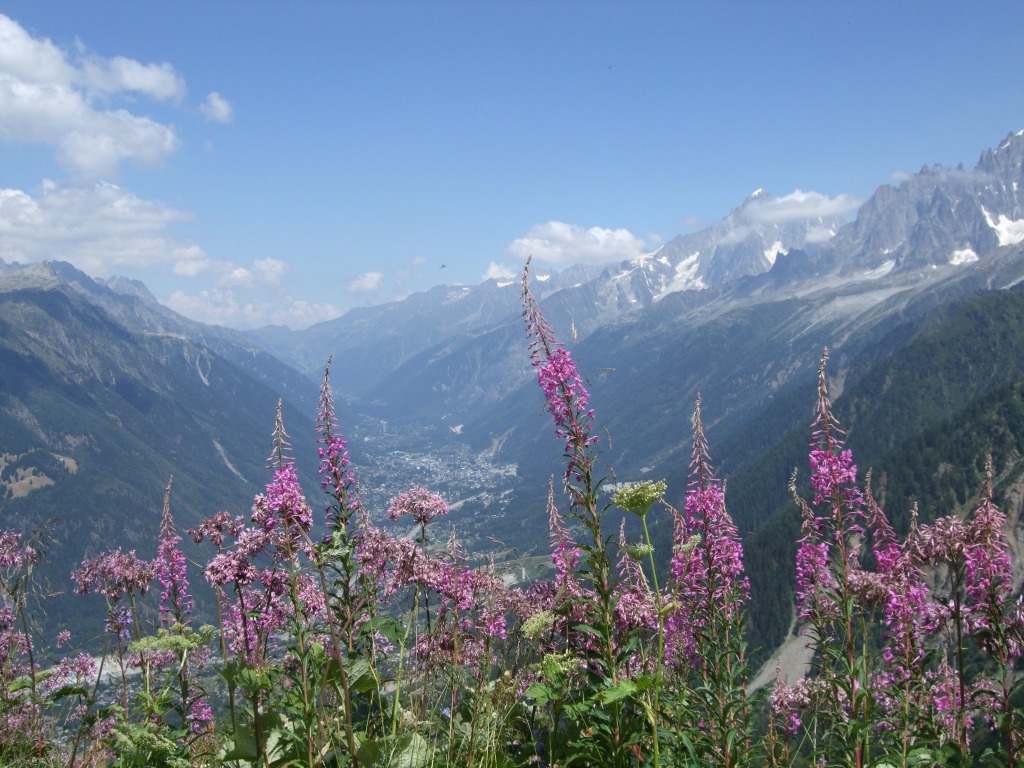
Photo credit: Sally Woodbridge
Insurance: Make sure your travel insurance covers you for mountain walking and emergency rescue. You may need to check with your walking guide how high your walks will go, some policies have height limits such as 3,000m. For example the travel insurance included with the Nationwide Flexplus account covers Fellwalking, Hiking, Rambling and Trekking up to 3,000m and rescue service fees to get the injured person to hospital. I have used the following specialist travel insurance companies when going into the mountains: https://www.alpenverein.at/britannia/ and https://www.thebmc.co.uk/
Vaccinations: To check for which vaccinations you require or are recommended use: https://www.fitfortravel.nhs.uk/destinations
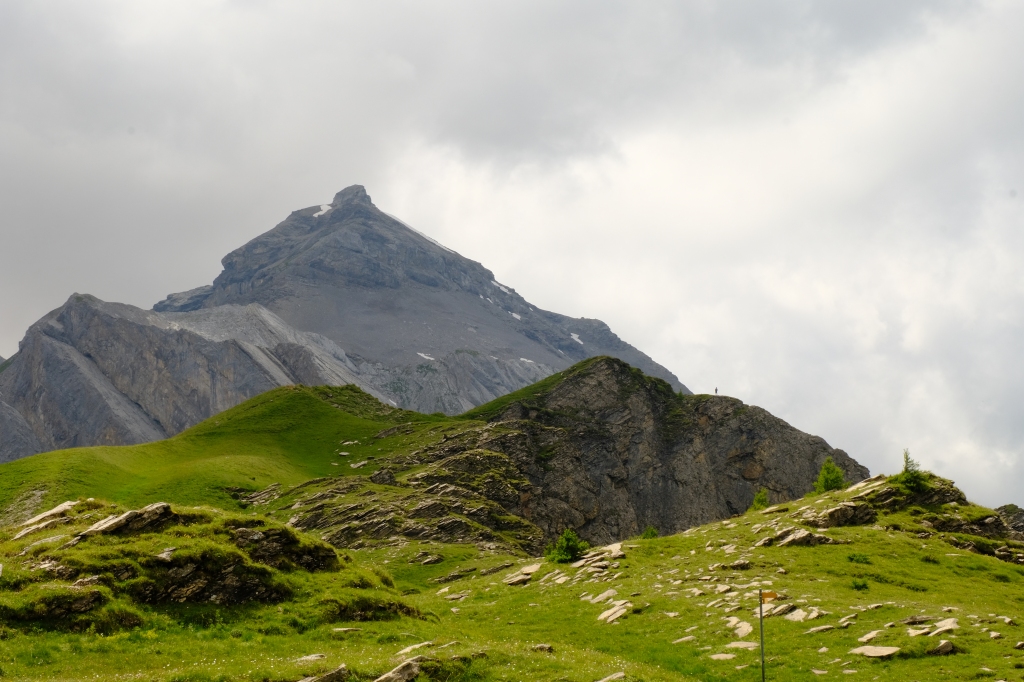
Photo Credit: Sally Woodbridge
Mobile phones: Since Brexit most major mobile networks have brought back roaming fees for Europe which means you could be paying extra for minutes, data and texts when you’re abroad. Check with your provider before you go. You may wish to turn roaming off whilst you’re away and connect to wifi when at cafes or your accommodation to access the internet or maybe use an internet-to-calling app such as Skype, WhatsApp or Facebook Messenger or use Apple’s FaceTime. There is now a UK government limit on roaming charges of £45 per monthly billing period that you will be warned about when you get close to and will have to actively authorise to exceed. More up-to-date information is available at: https://www.moneysavingexpert.com/mobiles/cheap-roaming-calls/
Remember though if there’s an emergency out in the mountains it can be handy if a few members of the group have mobile phones.
Emergencies: All EU countries, and many other as well such as Norway and Switzerland, use 112 as an emergency phone number in addition to their country specific emergency number and local mountain rescue numbers.
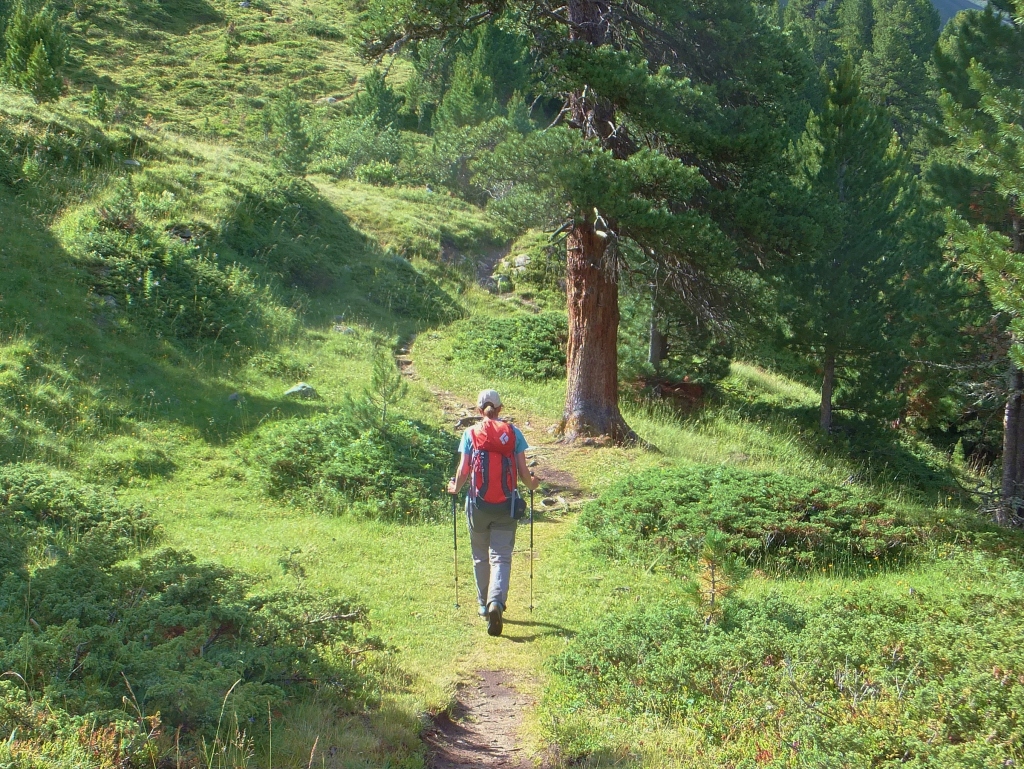
Photo credit: Nick Haine
Travel Money: Remember to order any currency in good time as ‘walk-up’ exchange rates are very poor compared to pre-ordering. Don’t buy currency with a credit card as you start paying interest straight away and it might also have an impact on your credit rating. You might want to organise a pre-paid Travel Card that functions like a ‘gift card’ for holiday money. Also consider which of your debit or credit cards you’ll use once abroad, some will charge a ‘non-sterling transaction fee’ of typically 3%. Some also charge a flat fee of 50p – £1.50 every time you use the card.
Another tip, ask to pay in local currency with card transactions, the currency conversion rate is usually much better through your card. For more advice look at: https://www.moneysavingexpert.com/destinations/
If you enjoyed this please enter your email address below to follow this blog and receive notifications of new posts by email.

